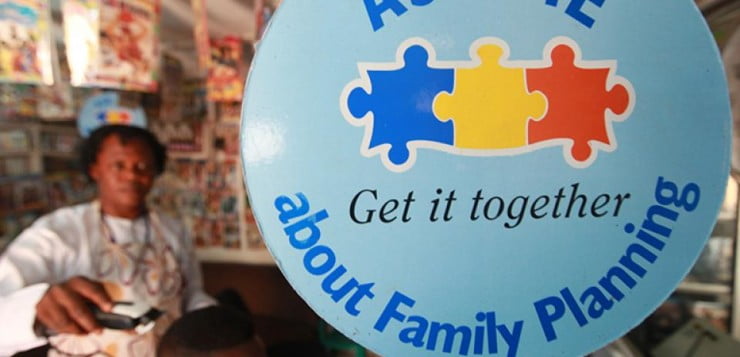In order to prevent unwanted births and promote child spacing, the Ogun State Government, in partnership with the Society for Family Health (SFH), has urged women of reproductive age to use family planning.
The request was made during a bi-annual review meeting of the Society for Family Health’s “Delivering Innovation In Self-Care” (DISC 2.0) Project on Wednesday, which included monitoring and evaluation officers, reproductive health officers, health education officers, and health secretaries in Abeokuta.
In order to prevent a shortage of family planning supplies in the state, the state government has made sure that deliverables have been procured sequentially throughout the past two years, according to Dr. Elijah Ogunsola, Executive Secretary of the Ogun State Primary Health Care Development Board, who spoke at the meeting.
Assuring that the State government will continue to take the necessary steps to battle the maternal mortality rate, Ogunsola revealed that postpartum care measures were being implemented by providing mothers with commodities of choice after delivery in order to improve women’s health care.
“Partners and the Federal Ministry of Health have commended Ogun State because the governor has purchased family planning commodities for two years in a row to implement what the federal government has been bringing,” he said.
“This is to make sure that mothers receive the family planning product of their choice—IUCD or the injectable one—after giving birth. All of this is done to ensure that the state’s family planning programs are used to lower maternal mortality.
In his goodwill message, the Business and Strategic Information Manager for DISC 2.0 Project, Society for Family Health, Mr. Fidelis Edet, appreciated the efforts of the State Government in leading the pace through empowering women to take care of their reproductive health needs with self-injection.
He noted that the modern contraceptives prevalence rate (MCPR) was low at 15 percent, hence the need to advocate, adopt, and sustain the use of contraceptives for healthy child spacing options.
According to Edet, the objectives of the DISC 2.0 project in Ogun State were to incorporate self-care solutions as a vital component of a resilient health system and to expand them in order to improve Sexual and Reproductive Health and Rights (SRHR) results.
In response, Mrs. Stella Adebayo, a representative of the Federal Ministry of Health, praised the state for incorporating family planning services into its duties by guaranteeing sufficient supplies of deliverables. She also urged service providers and other stakeholders to make sure that women of reproductive age are properly informed about the advantages of the services.





